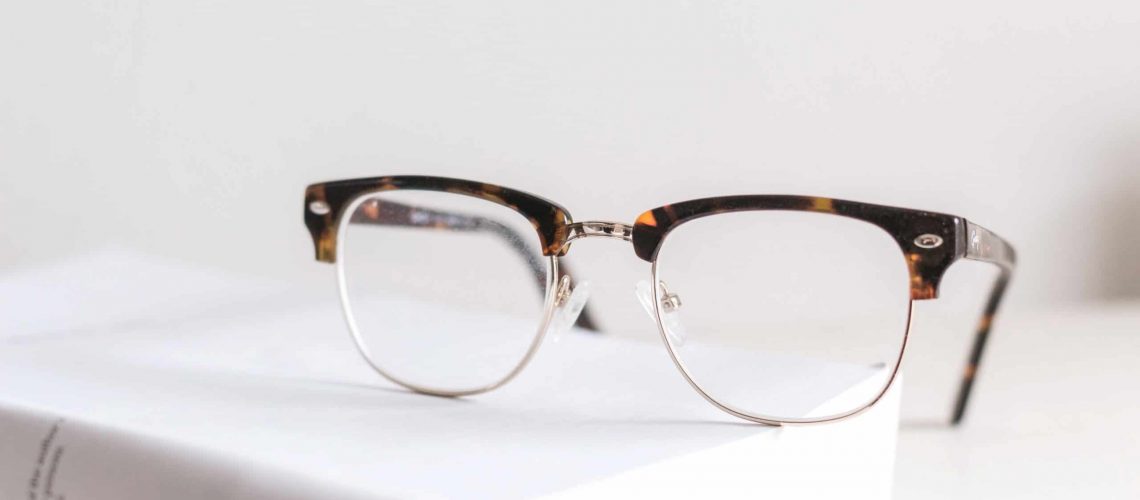Has a school nurse or eye doctor told you that you have 20/20 eyesight? Or maybe you’ve been told that you need glasses or contacts to help you see better?
While being able to see clearly is important, did you know that 20/20 eyesight isn’t always indicative of having good vision? A strong visual system is critical in finding success in both learning and life. In fact, 85% of the information we take in is processed through our visual system.
We have found that a large percentage of learning issues actually stem from poor visual skills. Unfortunately, most people aren’t aware of just how much vision relates to learning. The eyes have to work hard in order to actively engage the mind in the learning process, in remembering visual information, and in correctly solving problems with that information.
Think about a day in a classroom and how many different ways the eyes are used. They have to:
- shift from a desk/near point work to the whiteboard and back to the desk
- view and read content on both screens and paper
- focus on a specific point when reading or writing
While having 20/20 eyesight is helpful for these processes, vision plays a key role, too!
The Difference Between Eyesight and Vision
Eyesight is how clearly your eyes capture images. This is what is tested with the traditional eye chart. Eyesight problems can be corrected with glasses or contact lenses.
Vision involves the mechanics of two eyes working together and the brain being able to process the information accurately and efficiently.
Vision problems can exist even if you have perfect eyesight, and can interfere with the learning process.
Vision problems can present themselves in various ways such as:
- skipping small words when reading
- not seeing the beginning or ending of longer words
- dropping down to the wrong line when reading
- fatigue after a short period of time
Why Vision Issues Often Get Missed
SOI is based on the proven theory that there are specific abilities needed to achieve learning success. Not only do we have assessments to identify these abilities, but we have tools to improve them, as well. Vision is one of these abilities. This is a completely new concept for most people, but opens the door to new possibilities.
In our experience, there are also other reasons that vision issues may go undetected.
- Vision is very personal, so we often assume that everyone sees just like we do. Therefore, it doesn’t occur to us that someone may be experiencing a vision problem.
- We don’t know what questions to ask or what signs to look for. Vision – not eyesight – isn’t a major topic in education.
- Signs of vision problems may be mistaken for symptoms of ADD, ADHD, or dyslexia.
This is why it’s important for us to equip you with the knowledge needed in order to better understand how vision relates to learning, what to look for, and what can be done to help someone who has vision problems. Knowledge is power, especially when you’re trying to find out why there’s a learning struggle.
Checklist for Potential Vision Problems
An SOI learning ability assessment is the best way to see if there’s a potential vision issue, but this checklist is a helpful place to start if there are concerns.
- not seeing whole words
- skipping over small words
- seeing parts of two different words combined (ending of one word + the beginning of the next)
- poor reading comprehension
- clumsiness – bumping into things, knocking things over at the dinner table
- words “swim” on the page
- difficulty playing sports – keeping an eye on the ball, losing place on the court or field
- forgetting the definitions of words (like they’re, their, and there)
- difficulty with spelling
- poor handwriting – sloppy, dips, or rises
If one of more of these indicators describes you, your child, or your student, don’t worry. While many of these things are written off as “normal” or “something you just have to live with,” they’re not. SOI can provide you with the answers and solutions that you’re looking for to make learning more efficient, effective, and even fun!
An SOI assessment is our recommended next step because it will pinpoint the specific skill(s) in need of improvement, as well as a customized plan to build those skills.
Also, make sure to check out our other post where we talk more about specific vision abilities, how SOI can help improve visual skills, practical benefits of having good vision, and more.
If you have questions or would like to connect with an SOI provider, please visit our website.







This Post Has One Comment
Pingback: The Importance Of Vision In Everyday Life | SOI Systems
Comments are closed.